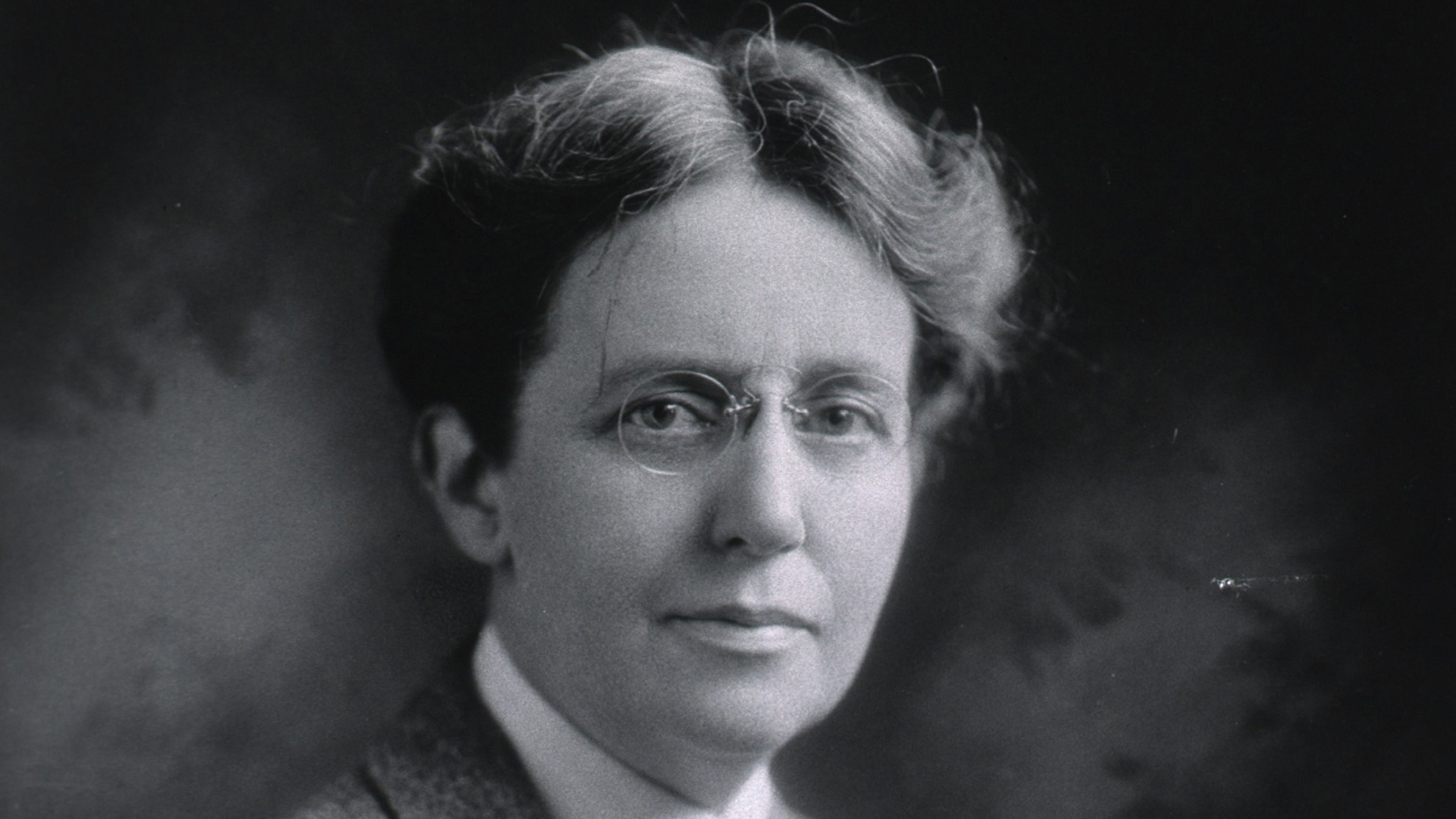Sara Josephine Baker

At the beginning of the 20th century, many people remained skeptical of both germ theory and preventative medicine, but pioneering physician Dr. Sara Josephine Baker fought to revolutionize public health and is credited with saving tens of thousands of lives.
After studying chemistry and biology at home, Dr. Baker knew she wanted to pursue medicine and enrolled at the Woman’s Medical College in Manhattan. Unfortunately upon graduating in 1898, female doctors were still prohibited from working in hospitals, leading her to the field of public health. In 1901, Baker passed the civil service exam and qualified to be a medical inspector at the New York State Department of Health where she saw approximately 1,500 babies dying weekly from preventable diseases. This experience inspired her to commit her career to the uncommon concept of preventative care and she went on to become the first woman to earn a Doctorate in Public Health.
Known as “Dr. Jo,” Baker faced tremendous adversity from her colleagues and peers. She managed to still quickly climb the ranks at the Department of Health and within five years became head of the newly formed Bureau of Child Hygiene. This appointment made her the first woman to ever be appointed as a health official for a major US city.
In this role, Dr. Baker was able to approach public health in an innovative way and decided the Bureau would focus on education and prevention. She launched smallpox vaccination campaigns and a variety of nutrition and hygiene educational programs. She dispatched nurses to individual homes to teach mothers about germs and how they spread, advised on breastfeeding to avoid bacteria-contaminated milk, insisted on frequent bathing and demonstrated proper ventilation of homes. These small changes made a significant dent in infant mortality, and by 1911, the infant death rate in New York dropped by 40%.
Baker also tackled the persistent problem of infant blindness caused by gonorrhea bacteria. At the time, silver nitrate drops were administered at birth to kill any bacteria that may have been present, but many infants were receiving too high of a dose and often times the large bottles the medication was stored in spoiled. To remedy these problems, Baker designed new containers out of sterile beeswax that dispensed precise, single doses of silver nitrate. This change eliminated contamination and concentration issues and within two years, infant blindness dropped from 300 to 3 cases per year. Dr. Baker was also instrumental in identifying the source of a typhoid fever epidemic plaguing New York at the time. She encouraged the infected individuals to avoid others and use proper hygiene, but when they refused, had the foresight to enforce isolation. It is estimated that this action saved thousands of lives.
Dr. Jo was not just a public health crusader, but also a suffragette and a feminist who openly stood for equality regardless of ethnicity, gender or sexuality. Upon retiring, Sara Josephine Baker spent the last years of her life on a farm in New Jersey with her longtime partner, Ida Wylie, who was a novelist and screenwriter. Baker died of cancer in 1945.